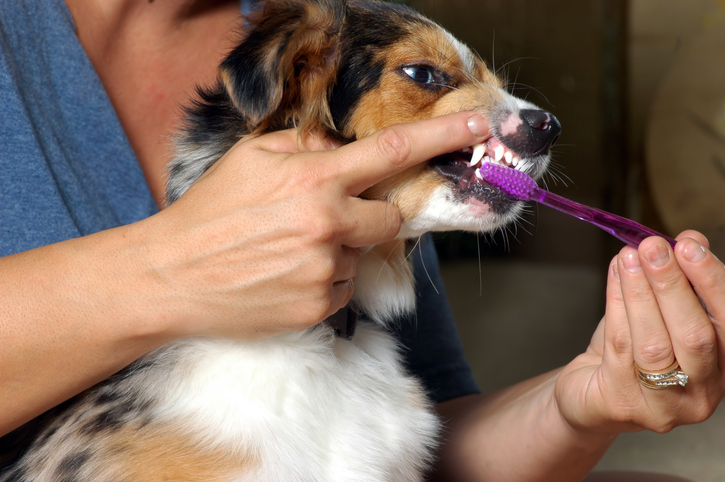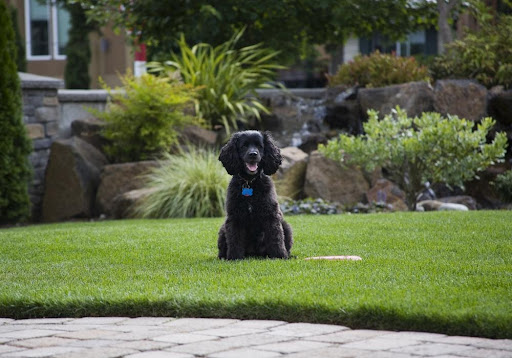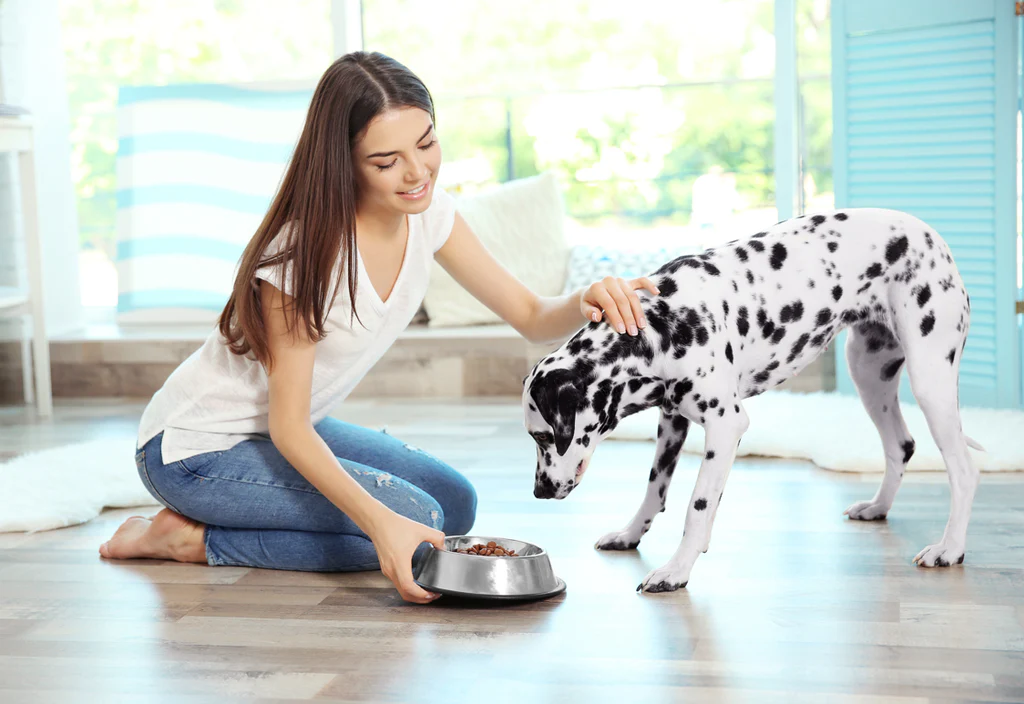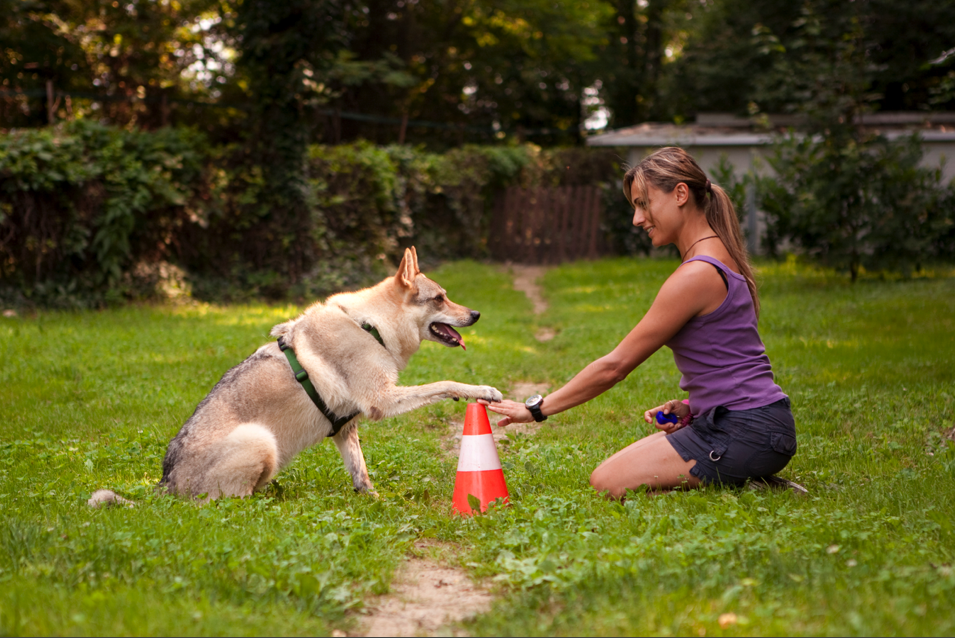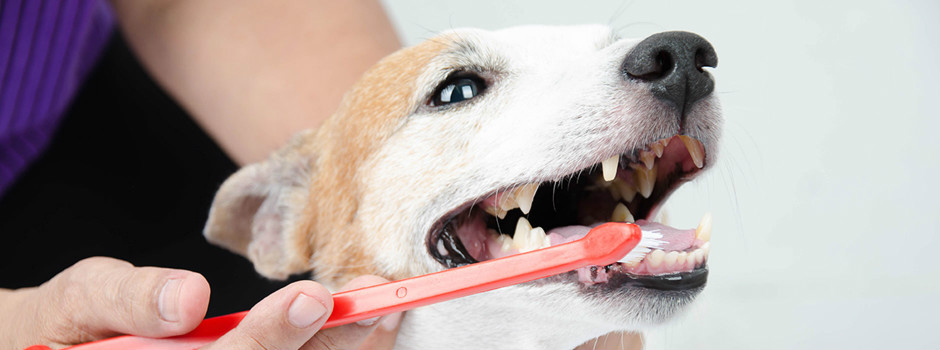Despite the common belief that dogs have cleaner mouths than humans, anyone who has ever had a kiss from their stinky canine may attests to the contrary.
Those annoying microorganisms cause gingivitis in humans and animals alike. Like in humans, dogs can suffer from tooth decay, tooth loss, and bad breath if they have this dental problem.
Fortunately, there is a variety of holistic, all-natural home remedies that can help make dogs kisses more bearable by improving his breath. Let’s look more closely…
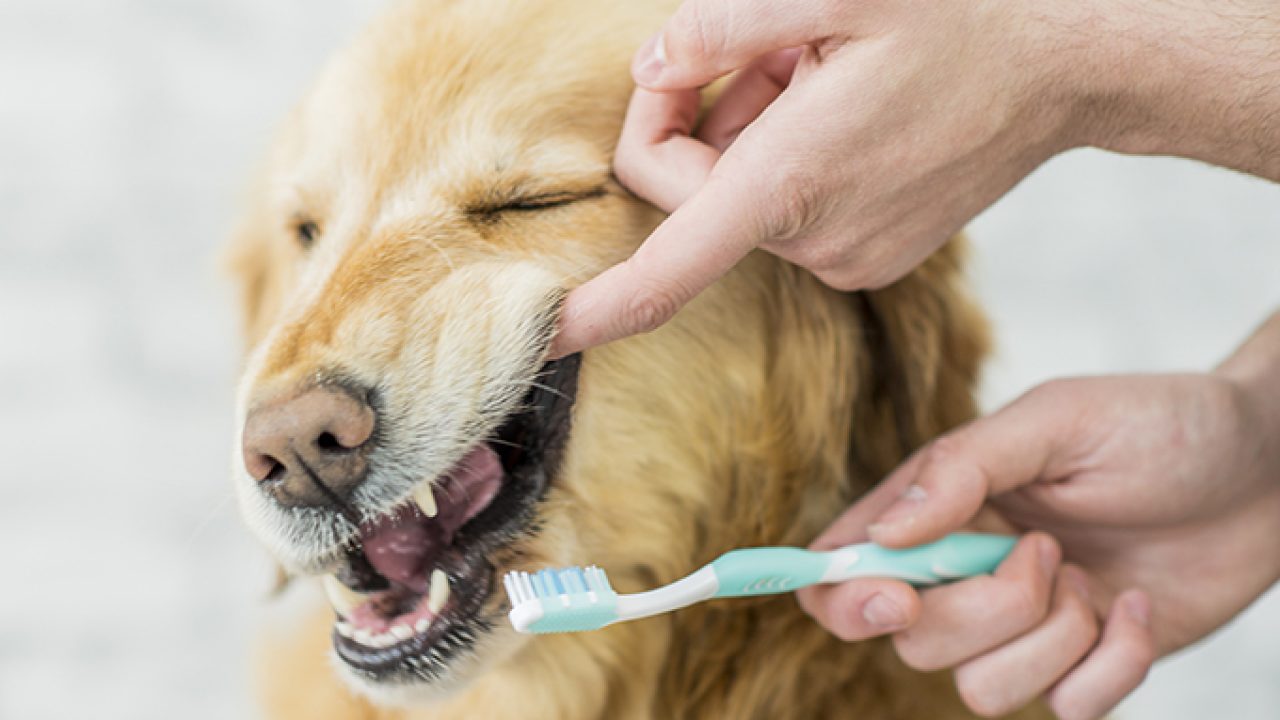
CAUTION:
Remember to check with your vet or an expert before adding any new foods to your dog’s diet.
Determine the Source of Your Dog’s Chronic Bad Breath Right Away!
Dogs bad breath is a common problem, and considering the disgusting things your pooch could consume or try to eat, it’s a wonder the problem isn’t more common.
However, if you feel dizzy whenever your dog opens his mouth, this could be an indication of a more severe problem. No matter the cause – lack of attention to oral hygiene or periodontal disease – action may be required.
Identifying the underlying cause of the bad breath is a critical factor to consider in your dog’s overall health. A veterinarian should check the animal’s mouth for signs of gum disease or decay that could lead to the need for tooth extraction.
Before trying the following natural therapies, it’s best to get your pet checked out by the vet to rule out any underlying medical issues like renal disease, an imbalance in the gut bacteria, or an inadequate diet.
But there are some tasks you can do every day to not only be proactive with preventive healthcare but also just make sure your pup doesn’t have a case of dog breath.
Here are the top 3 all-natural remedies for canine bad breath…
1. Do fruits and vegetables act as Mother Nature’s toothbrushes?
Many pet owners believe that the crisp treats like apples and carrots help keep their canine companions’ teeth clean.
It’s true that chewing on hard foods like fruits and vegetables can increase saliva flow and help flush away some of the germs that has built up on your teeth and gums. However, Devereaux recommends erring on the side of caution while giving fruits and vegetables.
Devereaux, Johnna Devereaux, clinical pet nutritionist, director of nutrition and wellness at Bow Wow Labs, recommends using celery when brushing your dog’s teeth if you want to clean up your crisper drawer at the same time.
“Celery is a win-win for the dog since it is low in starch and rich in moisture, stimulates saliva production, and even has a little flossing effect on the teeth.”
2. Herbs like Peppermint and Parsley – Bacteria-Busting Herbs
It’s common practice to use peppermint to freshen breath after eating or before an important date. Your pet dog can get the same rewards as you would.
According to Devereaux, “it is rich in antioxidants that may be useful in battling bad breath,” and in its natural condition, it can help alleviate gastric discomfort and relax the digestive tract.
Her second piece of advice is to use locally produced organic mint wherever feasible. You may also place drops in your dog’s water bowl, on treats, or in his food to help freshen his breath. One such product is Natural Breath Drops for Pets with Chlorophyll & Peppermint Essential Oil.
Like mint, parsley’s fresh flavor deodorizes smelly breath, and its beautiful bright green hue indicates the presence of chlorophyll, a powerful bacterial-fighting compound that will rid your home of dog bad breath.
You can either sprinkle dried peppermint or parsley over your dog’s food, or make a tea with the herbs and add that to his or her dish. Peppermint essential oil is highly poisonous to dogs, therefore it’s best to avoid using it around canine’s altogether.
3. Finally, Aloe Vera Is of Great Benefit
If so, does it happen to be an aloe vera plant? If you don’t have one, you should probably acquire one. In addition to its ease of use, aloe vera’s anti-inflammatory, antibacterial, and antifungal characteristics benefit both you and your pet.
For quick relief from burns, bug bites, small wounds, dermatitis, and even acne, simply snip off a tip of the plant’s thick leaves and apply the gel-like material within.
When it comes to dogs, aloe vera gel works well on their skin ailments too, including itching and hot areas. The digestive system issues that might cause bad breath may also respond well to treatment with aloe.
“Aloe vera is jam full of enzymes that help cleanse and regulate the digestive system,” adds Devereaux. “It also has loads of antibacterial characteristics, which make it an excellent mouth cleanser.”
If you wish to utilize aloe vera for digestive disorders, ask your veterinarian to prescribe a natural product containing aloe vera. You may assist release plaque on your dog’s canines by applying the gel straight to them before bedtime.
In the same way that you would want filtered water for yourself, your furry buddies would appreciate it, too. Tap water might be riddled with toxins, while bottled water is an expensive environmental nightmare.
Consider installing a filter on your sink’s faucet or purchasing a filter pitcher, and remember to replace the filter on a regular basis.

